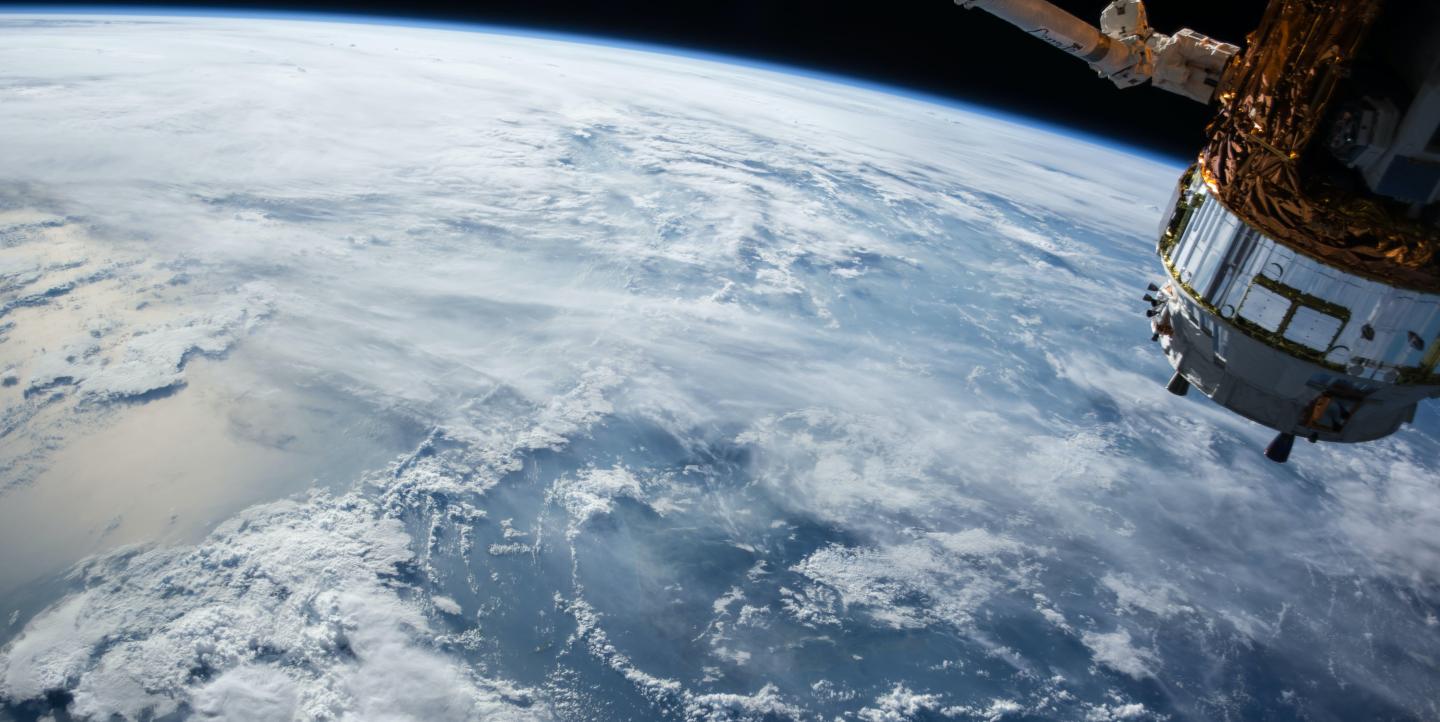Globally, extreme weather events, such as heat waves and excessive rainfall, are killing people, exacerbating inequalities and fueling conflict. Because of climate change, these events are happening more often than ever.
In India, for instance, heat waves have intensified in recent years. At least 96 people died during one heatwave in June alone.
Climate change also impacts food production, said Baliqees Salaudeen-Ibrahim, a climate activist and co-founder of Green Republic Farms in Lagos, Nigeria. “Imagine every farmer across the world [is] experiencing this same issue; this means we will have little to no distribution of farm produce to the market due to the climatic conditions,” said Salaudeen-Ibrahim, adding that her farm hasn’t been able to churn out as much produce as it used to due to extreme weather conditions.
Elsewhere, climate change is fueling conflicts in the Lake Chad Basin, and over farmlands in Nigeria.
In response to these worrying developments, people are innovating, and newsrooms are highlighting the efforts. Launched in 2020, the BBC’s Future Planet is one of these reporting initiatives.
Stories that inspire more stories
The urgent need for solutions to address climate change and its consequences is the driving force behind Future Planet’s coverage. It aims to highlight how people around the world are building resilience in the face of the climate crisis.
“Climate change is probably one of the biggest challenges that humanity will face in the coming century. For me and the rest of the team, we have always felt that it is an incredibly important story that needs to be told,” said Richard Gray, a BBC editor and the head of Future Planet.
In June, independent journalist Vandana K reported on how women in India are using white solar reflective paints on the roofs of their homes to help reduce temperatures amid the more intense heatwaves.
“We are looking for evidence-based solutions,” added Gray. “Specifically, ones that have a tangible effect and don’t just exist in a lab or in a research paper.”
Some of these solutions are easily replicable. In one story, Future Planet highlighted how Medellin, Colombia has built “green corridors” of plants and trees to cool the city’s temperature and reduce air pollution.
Articles like these can trigger new innovations, noted Salaudeen-Ibrahim: “Stories inspire more stories. Stories inspire people that are going through the same challenge that the person telling the story has gone through, and how they were able to come out of it.”
Reducing carbon footprints
Future Planet’s commitment to addressing climate change extends to its reporting practices, too.
In February 2022, Isabelle Gerretsen, a senior BBC journalist, set out to write a story on potential climate refugees in the U.K., who refused to leave their seaside village despite warnings of sea level rise. Her report required a trip to South London, which would have taken five hours by car. Gerretsen traveled by rail instead to reduce the story’s carbon footprint. “It took me more than nine hours to get there – over seven hours by train and two hours spent on a bus replacement service,” she said.
Some Future Planet journalists even bike when traveling for their stories in efforts to reduce their carbon footprints.
The amount of carbon expended during the reporting process is typically included as a note at the end of Future Planet articles.
“If a journalist has to travel to report a story, we are always thinking and asking ourselves if there is another way of doing it,” said Gray. “Is there another approach? Is this the right thing? Are there other things that we could be doing to reduce the carbon footprint?”
Climate Guardians
Future Planet recently launched a new series called Climate Guardians to highlight the stories of people in the Global South who are addressing the climate crisis in tangible ways, and helping their communities adapt.
“The reporting that we do [is something] that can help the climate, the environment, and also people, people’s health or improve inequality issues, education and [more],” said Gray. “It is nice to see solutions which have these effects.”


